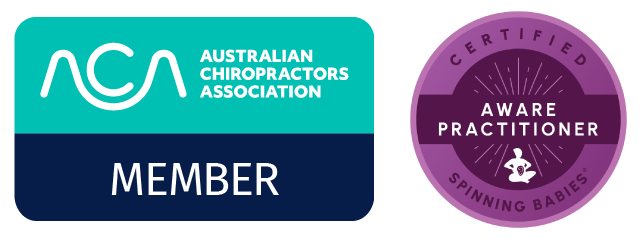Stress and its impact on the physical body
Everyone will at some point in their life be experience stressful situations. Eg. A car accident, loss of a loved one, work stress, financial stress, exams etc.
Stress causes a responses in the body. The Sympathetic nervous system is the fight and flight system in our body. When it is stimulated it focuses your energy on the life preserving systems. Increased heart rate and blood pressure, muscles tighten, increased breath. Energy is diverted away from non-life essential short time survival as digestion, reproduction, immunity and emotional wellbeing.
Possible causes of stress:
- If using the triad of health to look at causes of stress we include physical, emotional and chemical stress.
- Physical stress may include: injuries, accidents, repetitive movements, prolonged postures (desk work/long drives), health conditions, lack of sleep, overstraining in sports.
- Chemical stress may include: medications, chemicals and pollutants, poor diet and food additives.
- Emotional stress may include: relationships, juggling family and work, finances
We can experience one of these stresses or a combination of them.
It is important that we can help recognise the bad stress and be open to talk about the stress we are experiencing then we are more likely to be able to make changes to it and prevent our health being compromised in the future.
Some short term effects of stress can be: Fatigue, insomnia, muscular tightness, headaches, poor memory, difficulty switching iff after work or a busy period, foggy head, hard to concentrate and making decisions.
Some long term effects of prolonged stress can include: adrenal fatigue, chronic insomnia, depression and anxiety, low self-esteem, digestive problems, heart problems and various other health conditions.
Peoples posture often changes when under stress. Raised shoulders, rounded shoulders, clenching of teeth and jaw. Muscles often tighten and can cause tension of the neck shoulders and low back and may result in headaches developing. The low back and neck and shoulders are type cal areas where people “hold” their stress.
Not all stress is bad stress. Sometimes it will help us grow and develop. Physical exercise can be an example of good stress. Increase muscle size and tone, increased blood flow and increased metabolism and is good for bone density and prevention of osteoporosis.
Sometimes good stress can help us get motivated and give us a reason to get things done. We got a holiday coming up or have people visiting and we need to get the house cleaned or packed.
Good stress as learning new things challenge our mind making new connections in the brain called neuroplasticity.
What can we do to deal with stress:
- Be aware – feel the emotion, acknowledge that is how you are feeling
- Breathe- deep into your belly. Shallow breaths uses accessory muscles in the neck and can use tension in neck and shoulders
- Eat well- eat fresh, unprocessed food and drink plenty of water
- Exercise regularly – Find something you enjoy doing. Walking, running, gym, footy, yoga, swimming
- Avoid stimulants – Nicotine, alcohol and caffein
- Meditate, relax rest and sleep
- Communicate – With fiends and family or professionals like councillors or psychologist if needed
- Focus you attention on the present- rather than thinking of the past or worrying about the future
- Plan ahead – Prioritise things during your day. Do the urgent and important things
- Make time for YOU and have some fun- Hobby, sport, socialising and being in nature
- Chiropractic and massage – Improve flexibility and mobility of your spine and body, reduce aches and pain, may improve your ability to cope with stress



